U.S. Tariffs on India – A Blow to the Economy and a Warning for the Future
The Indian economy, already navigating inflationary pressures, will be hit hard.
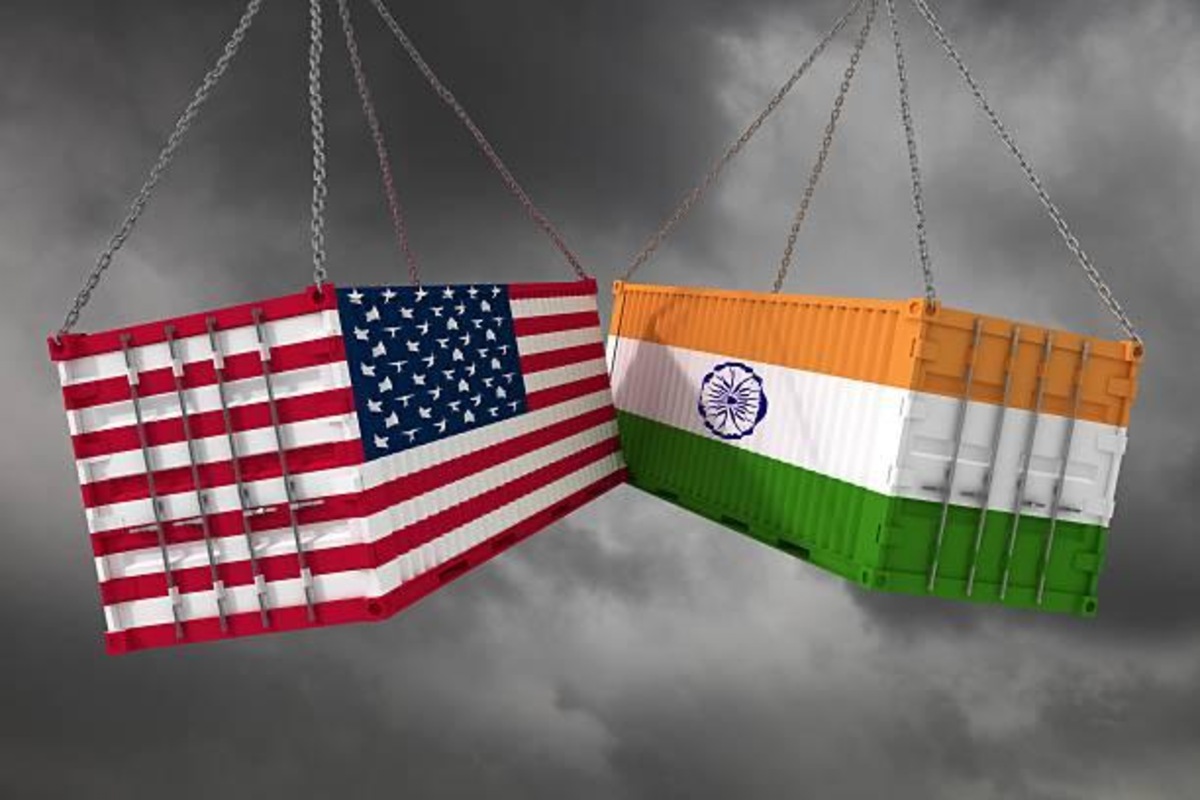 Representative image. / istock
Representative image. / istock
The recent imposition of a 50 percent tariff on Indian goods by the United States is not just another policy maneuver in the long saga of global trade wars. For India, it is a clear and present danger to its economy, its markets, and its currency. What is being framed as a penalty over India’s continued purchase of discounted Russian oil has turned into a far greater economic burden that disproportionately hurts ordinary Indians rather than the corporate elite who benefit from such oil deals.
Impact on Indian Economy, Nifty, and Sensex
The Indian economy, already navigating inflationary pressures, will be hit hard. The Nifty and Sensex, barometers of investor confidence, are expected to face volatility and downward pressure as foreign investors grow wary of strained U.S.-India relations. A weaker rupee will follow, both as a direct consequence of shrinking exports to the U.S. and as a reaction to nervous capital markets. Tariffs will make Indian goods less competitive abroad, leading to reduced demand, layoffs in export-driven industries, and slowing growth.
Tariffs Hurt the People, Oil Benefits Corporates
The Modi government has repeatedly celebrated cheap Russian oil as a victory for India. Yet the benefits have not reached the average citizen. At the pump, consumers never saw fuel prices fall in proportion to cheaper imports. Instead, the profits were pocketed by two major corporate conglomerates that dominate India’s energy sector. This reveals a stark reality: the government shielded its favored corporations while exposing the entire nation to retaliatory tariffs from its largest trading partner.
The damage from tariffs far outweighs the narrow corporate profits from discounted oil. Millions of small businesses and workers who rely on exports to the U.S. are being punished, while only a few continue to enjoy windfall gains.
Foreign Policy Missteps and Strategic Costs
The Trump administration’s frustration with India runs deeper than oil. India’s foreign policy has appeared opportunistic and contradictory—a member of the Quad when countering China, yet at times siding with Beijing against U.S. interests; voicing solidarity with Iran and Gaza, yet simultaneously standing with Israel. Such shifting positions have been viewed in Washington not as strategic autonomy, but as duplicity.
The final straw came when India failed to acknowledge U.S. efforts during Operation Sindoor, where the Trump administration helped defuse a serious conflict. For Washington, India’s silence was interpreted as ingratitude and treachery.
The Risks of Aligning with the “Axis of Isolation”
By clinging to Russia and cozying up to China, Iran, and even North Korea—nations once grouped together as the “axis of evil”—India risks alienating its most important democratic partner, the United States. The long-term ramifications of a cold U.S.-India relationship are far more dangerous than any short-term gains from discounted oil.
A Call for Reflection and Reset
India’s government must step away from shielding corporations at the expense of its people and reconsider the trajectory of its foreign policy. A mature democracy cannot afford to let media hype dictate its global alignments. Instead, India must recognize the immense value of its partnership with the U.S.—not only for trade but for shared security, technology, and democratic values.
I hope, and pray, for divine intervention that cooler heads prevail. India must reset its relationship with the U.S. and avoid drifting toward alliances that isolate it from the democratic world. The cost of tariffs has already shown how painful estrangement can be.
Jasdip Singh Jasse is the chairman of Sikhs of America.
(The views and opinions expressed in this article are those of the author and do not necessarily reflect the official policy or position of New India Abroad)
ADVERTISEMENT
ADVERTISEMENT
E Paper
Video




.png) Jasdip Singh Jasse
Jasdip Singh Jasse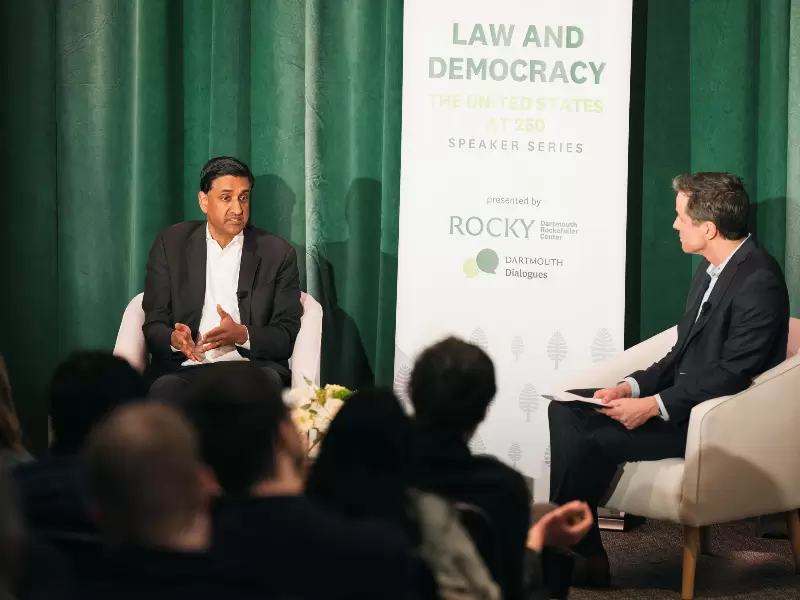
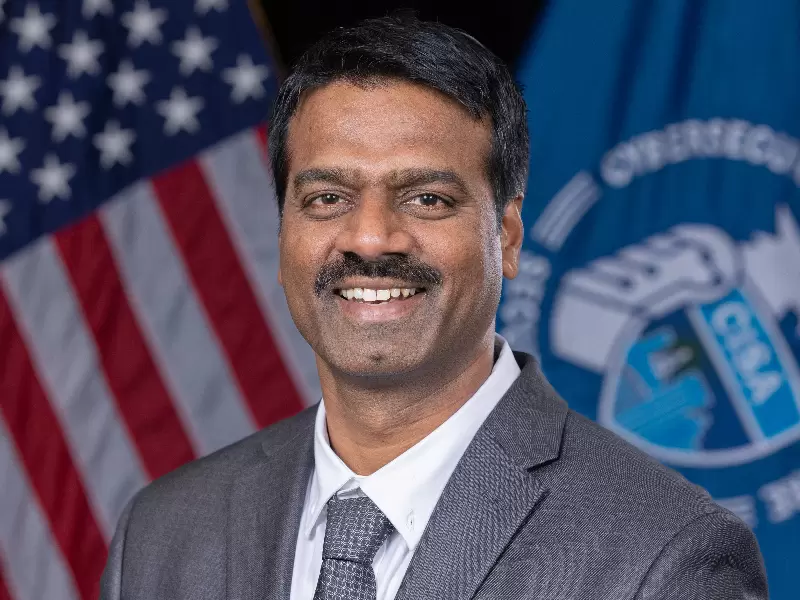

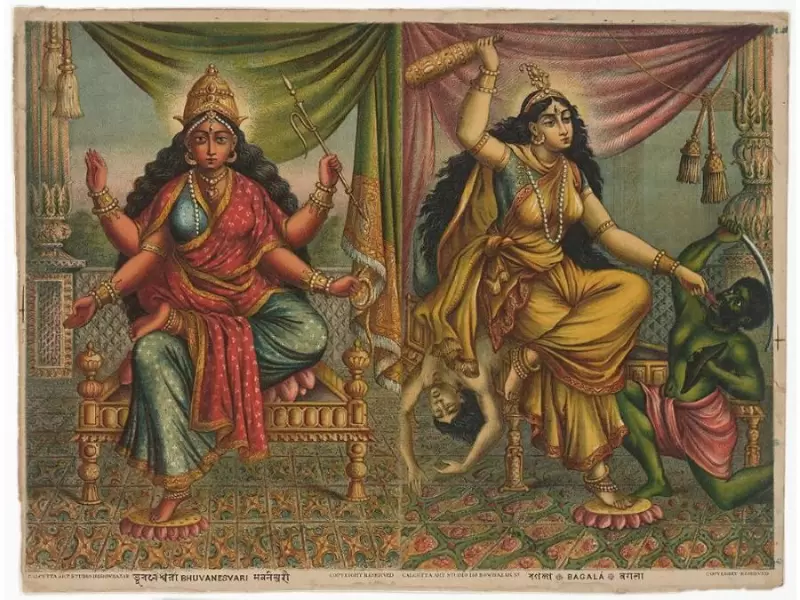



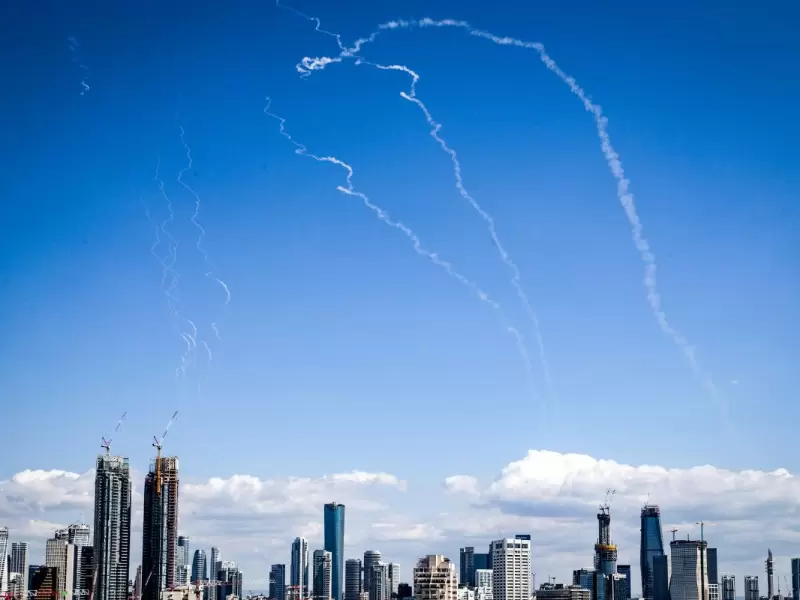

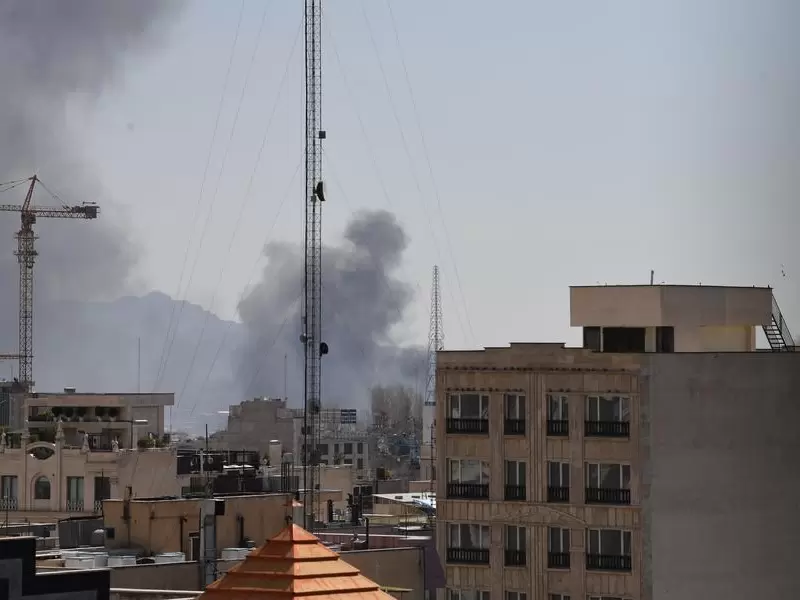




Comments
Start the conversation
Become a member of New India Abroad to start commenting.
Sign Up Now
Already have an account? Login